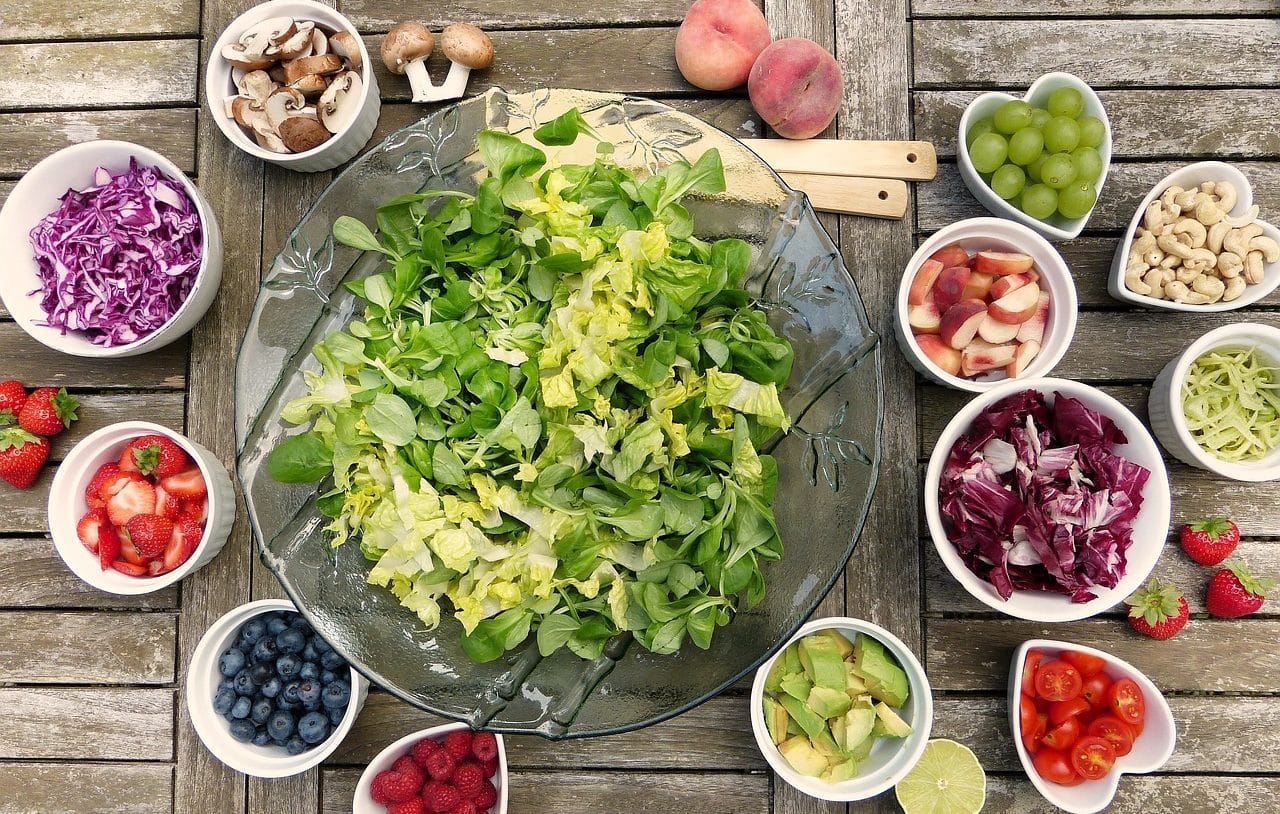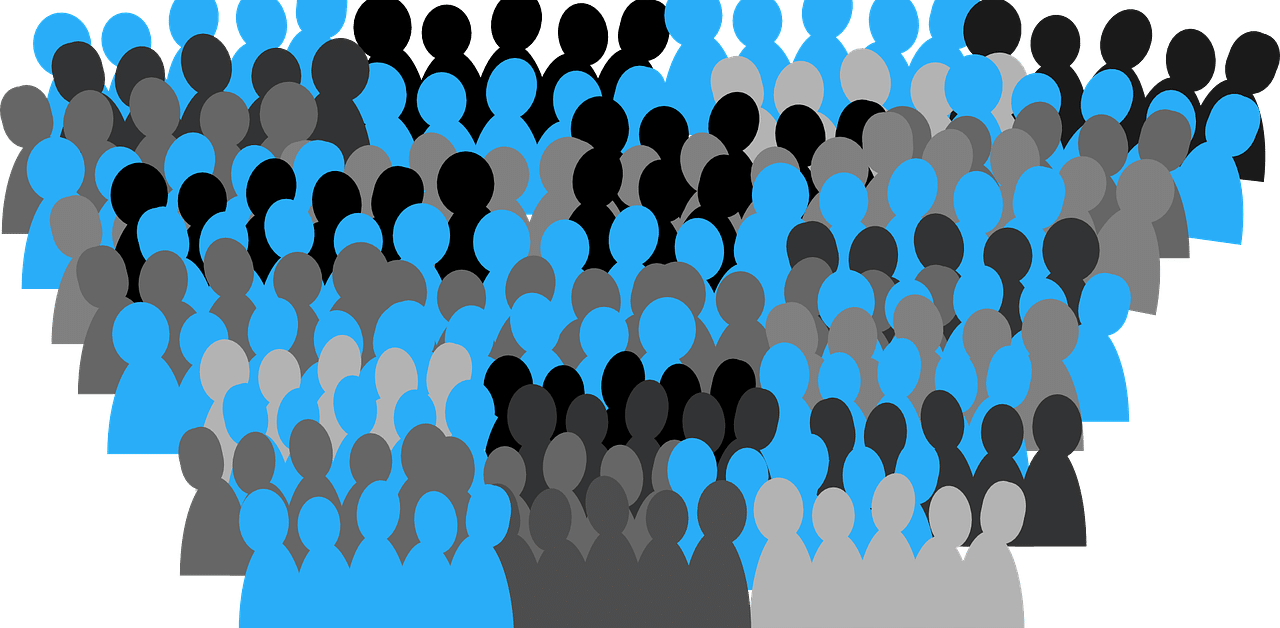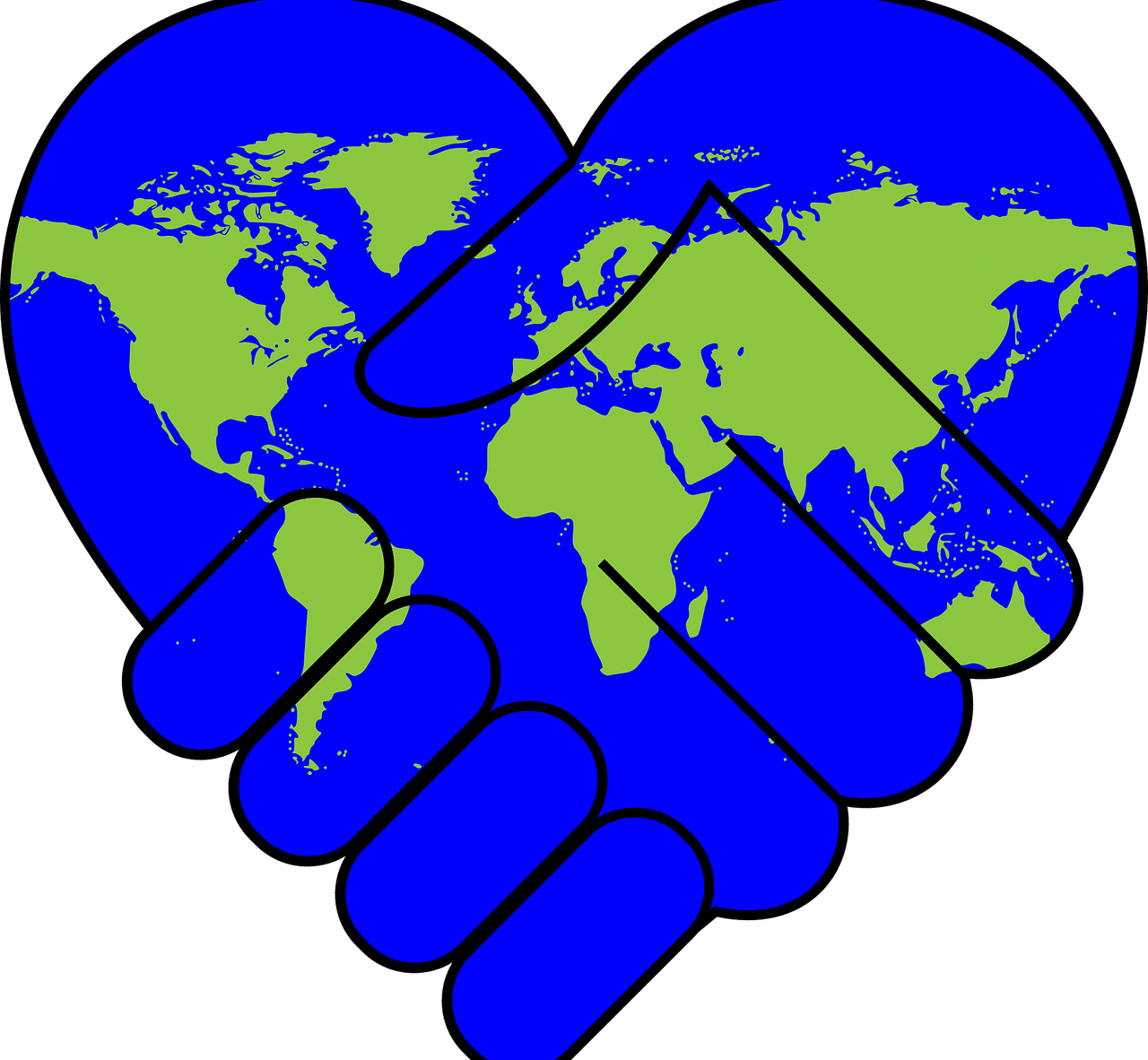
The Sustainable Development Goals (SDGs) contemplate working towards food security and global health.
The Sustainable Development Goals (SDGs) are a set of goals established by the General Assembly of the United Nations ( UN ) in 2015 . These are seventeen purposes that are part of the 2030 Agenda on Sustainable Development .
The SDGs , therefore, are a series of aspirations that are intended to be met by 2030 . Together they constitute a call to action to eradicate poverty and hunger, protect the environment and increase the quality of life of all individuals.
Origin of the Sustainable Development Goals (SDGs)
The origin of the SDGs dates back to 2000 , when UN members agreed on the Millennium Goals (MDGs). In that case, a commitment was made to work to achieve eight goals in 2015 .
Before reaching that year, a series of evaluations were initiated to analyze what had been done. Then, at the United Nations Conference on Sustainable Development (Rio+20) in 2012, the creation of a working group was established to expand and reformulate some aspects of the objectives.
Already in 2015 , UN member countries expanded the list, reaching seventeen points and renaming them Sustainable Development Goals . It can be said, therefore, that the SDGs emerged as a continuation of the MDGs .
With its creation, the 2030 Agenda on Sustainable Development proposed a roadmap to follow to achieve the SDGs within a period of 15 years. The UN highlighted, and continues to do so, that for this to be possible, it requires not only the commitment of government authorities, but also of companies and civil society in general.

Achieving the SDGs requires citizen participation.
The end of poverty and hunger
"End of poverty" y«Zero hunger» son los dos primeros SDG. Los datos de la UN indican que la pobreza extrema se situaba en un 36% en 1990 y descendió hasta el 10% en 2015. Sin embargo, el ritmo de la caída fue disminuyendo y la pandemia de COVID-19 empeoró los registros.
It is estimated that more than 700 million human beings continue to suffer from extreme poverty and cannot satisfy basic needs. Hunger , meanwhile, began to grow since 2015 .
The SDGs aim to eradicate extreme poverty (defined when an individual has an income of less than $1.25 a day ) and halve the proportion of people living in poverty by 2030 . This requires, among other issues, the mobilization of resources through public policies, working to guarantee the sustainability of food production and increasing investments in agricultural research and rural infrastructure.
Sustainable Development Goals (SDG) linked to health, education and gender
«Health and well-being», «Quality education» e«Gender equality» son las denominaciones que identifican al tercer, el cuarto y el quinto SDG, respectivamente.
Although progress was being made in improving health, with a reduction in different causes of infant mortality and an increase in life expectancy, the COVID-19 pandemic produced a global health crisis. This SDG aspires to end preventable deaths of newborns and children under 5 years of age and to end the epidemics of malaria, tuberculosis and AIDS, for example.
Quality education , for its part, is considered a vehicle to leave poverty and rise economically. Despite the progress, in 2018 around 260 million boys and girls were not in school. The SDG aims for all children to complete primary and secondary education by 2030 .
Regarding gender equality , there is a warning about violence against girls and women and the discrimination suffered by women in politics and the workplace. Among the goals of the SDG are the elimination of forced marriage and female genital mutilation and the empowerment of women.

International cooperation is essential to meet the SDGs.
Clean water and non-polluting energy
“Clean water and sanitation” is the sixth SDG . The UN warns that one in three people cannot access drinking water and that two in five do not have facilities to clean their hands. In this context, it is sought that by 2030 there will be equitable and universal access to drinking water and sanitation and hygiene services.
The seventh SDG is known as “Affordable and clean energy” . Its goals are an increase in the proportion of renewable energy in total energy sources and an optimization of energy efficiency, among others.
The ten remaining Sustainable Development Goals (SDGs)
SDGs 8, 9 and 10 are mainly related to the economy. "Decent work and economic growth" , "Industry, innovation and infrastructure" and "Reducing inequalities" are the titles of these goals.
Improve economic productivity, achieve GDP growth of 7% or more per year in less developed nations, promote sustainable industrialization, help SMEs access credit and achieve 40% more income poor people of humanity grow at a higher rate than the national average are some of the aspirations.
«Sustainable cities and communities», «Responsible production and consumption», «Climate action», «Underwater life» y«Life in terrestrial ecosystems» son los siguientesSDG, que van del 11º al 15º. Todos ellos se asocian a la protección de la biodiversity y los ecosistemas y a la conservación de los recursos naturales.
The aim is to limit the negative environmental impact of cities, provide better access to green spaces, reduce waste generation, minimize climate change linked to global warming and fight against desertification and soil degradation, to name a few goals.
Finally, “Peace, justice and strong institutions” and “Partnerships to achieve the goals” are the last SDGs . The significant reduction of violence and the promotion of cooperation in the search for sustainable development are among the missions to be accomplished before 2030 .
